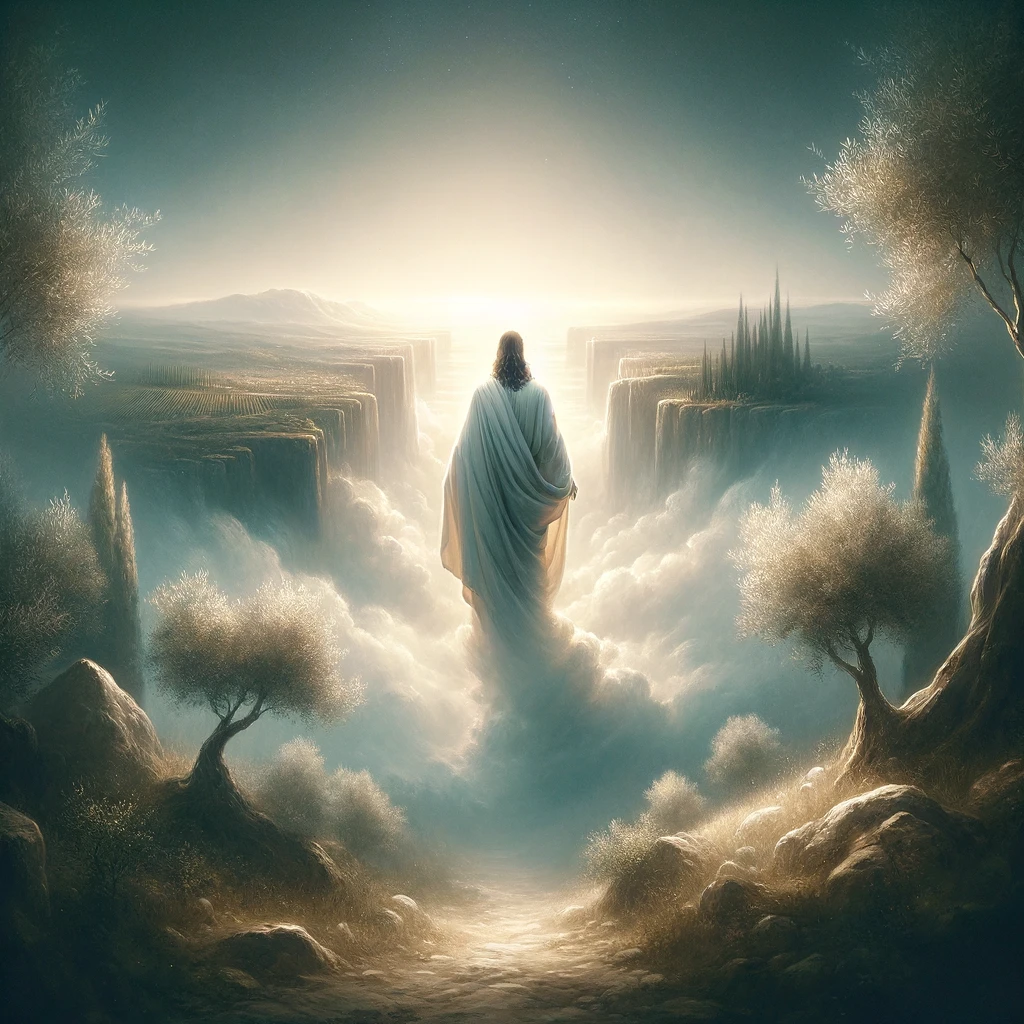-
•
•
2 responses
Rappleye, Neal. “The Nahom Convergence Reexamined: The Eastward Trail, Burial of the Dead, and the Ancient Borders of Nihm.” Interpreter: A Journal of Latter-day Saint Faith and Scholarship 60 (2024): 1-86. Read More
-
•
•
9 responses
People keep asking me for proof that the irritating tics in Mormon writing I’ve mentioned actually exist. In that respect, Taylor Kerby’s post over at BCC is useful in a couple of ways. Read More
-
•
•
10 responses

The Price We Paid, by Andrew Olsen For how legendary (in both a good and bad sense) the Willy and Martin handcart companies are in our collective consciousness, it was good to read a scholarly work on the subject. Oxford Translation of the Bible Everybody should read a solid non-KJV translation (and one that doesn’t lean towards word-for-word literalism like the KJV). Passage by Faith. Exploring the Inspirational Art of James Christensen Maybe my tastes are kitschy and lowbrow, but I find James Christensen’s art to be some of the most straightforwardly inspiring out there. Gospel Principles I know we… Read More
-
•
•
One response
John A. Widtsoe was an influential apostle and theologian in the Church who came from a scientific background. In a recent interview at the Latter-day Saint history blog From the Desk, biographer Thomas G. Alexander discussed the life and contributions of this apostle-scientist. What follows here is a co-post to the full interview. Read More
-
•
•
5 responses

A Celestial Library One of the advantages of homeschooling is that you have the bandwidth to fine-tune your children’s reading and media diet on a level that would be very difficult to pull off if they were gone for half the day. I’ve read quite a bit in my day (although I’m not currently reading as much as I used to), and whenever I come across a book that I want to make sure my children read I put it on a particular “shelf” in my Goodreads account. Below is part two (of three parts) of my list of “required… Read More
-
•
•
6 responses

Depiction of an LDS temple/library combination. One of the advantages of homeschooling is that you have the bandwidth to fine-tune your children’s reading and media diet on a level that would be very difficult to pull off if they were gone for half the day. I’ve read quite a bit in my day (although I’m not currently reading as much as I used to), and whenever I come across a book that I want to make sure my children read I put it on a particular “shelf” in my Goodreads account. Below is my list of “required reading” books that… Read More
-
•
•
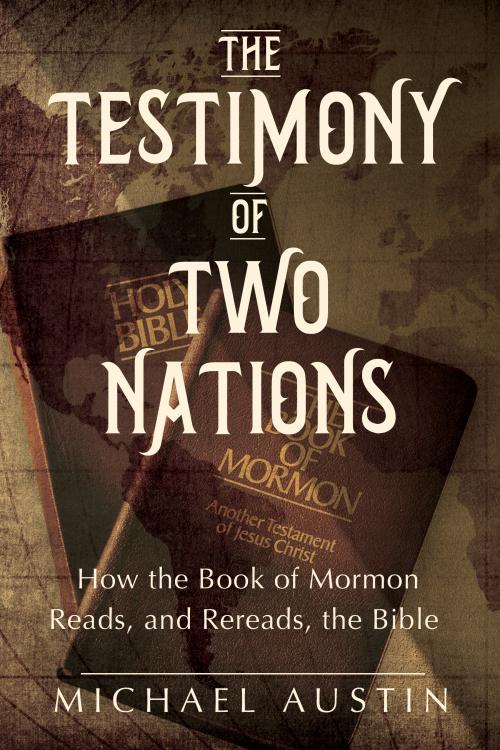
The Testimony of Two Nations: How the Book of Mormon Reads, and Rereads, the Bible by Michael Austin (University of Illinois Press, 2024) is a delightful and insightful venture into the ways in which the Book of Mormon interacts with the Bible. Read More
-
•
•
3 responses
When Moses was called by YHWH, he asked the Lord, “when I come unto the children of Israel, and shall say unto them, The God of your fathers hath sent me unto you; and they shall say to me, What is his name? what shall I say unto them?” In response, YHWH said, “I Am That I Am” (Exodus 14:13–14). This type of “I am” statement is significant and has echoes throughout the Bible. A recent interview with Joshua Matson at the Latter-day Saint history blog From the Desk highlighted the types of “I am” statements that are also found… Read More
-
•
•
6 responses

I’m excited to announce that I have a book about the Doctrine and Covenants that is scheduled to be published by By Common Consent Press this December! Read More
-
•
•
7 responses
[Apologies to Jonathan Green] When everything is a Temple Text, nothing is a Temple Text. Read More
-
•
•
5 responses
You’re not too punk for Provo. Read More
-
•
•
6 responses

A guest post from Josh Coates and Stephen Cranney This is one of a series of posts discussing results from a recent survey of current and former Latter-day Saints conducted by the BH Roberts Foundation. The technical details are in the full methodology report here. In the 2023 CFLDSS we asked the standard question about belief in God that is also asked in the General Social Survey, an omnibus survey of Americans asked just about every year that has asked a question about belief in God since the late 1980s. “Which statement comes closest to expressing what you believe about… Read More
-
•
•
3 responses
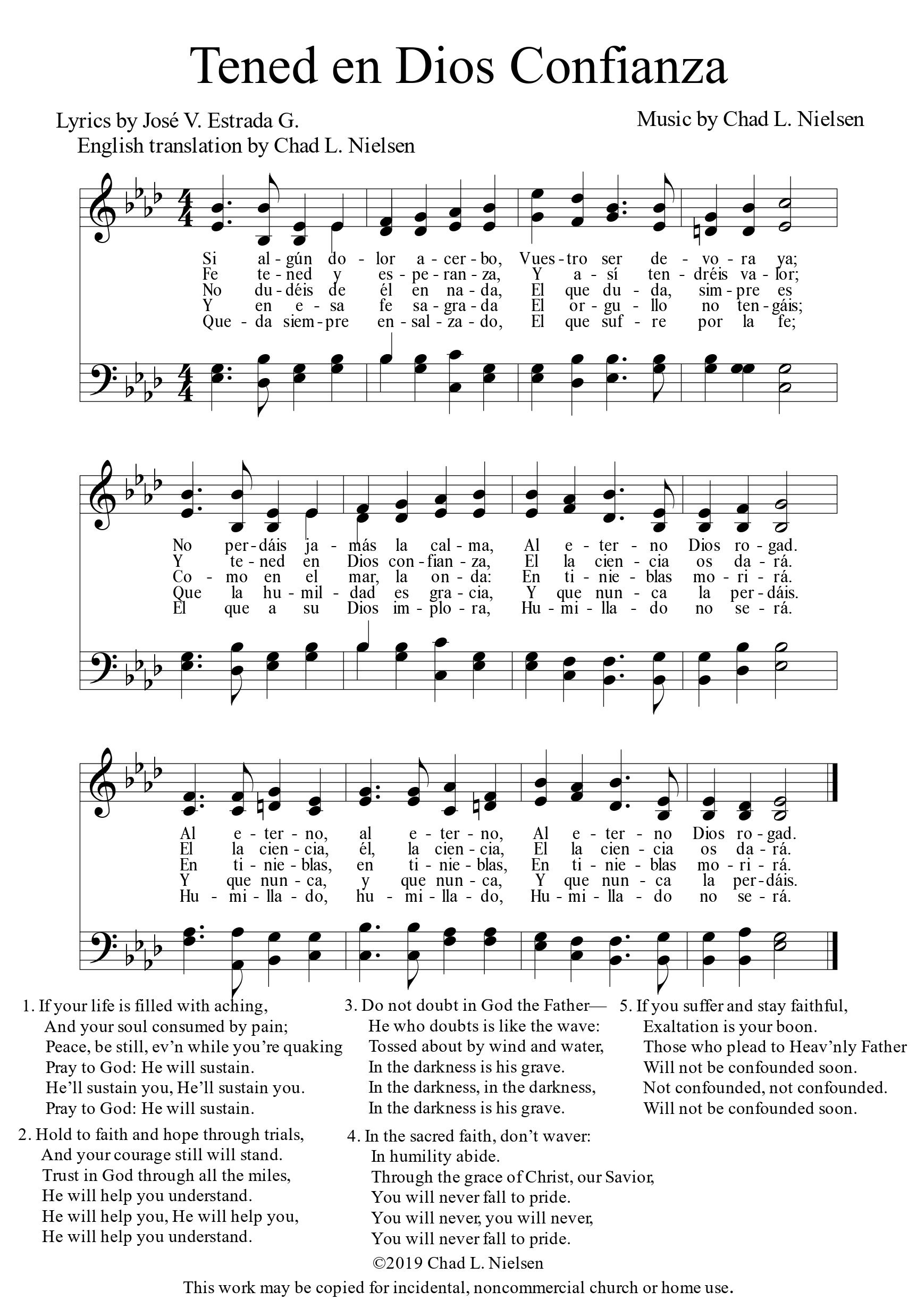
I have not been able to find out much about “Tened en dios confianza,” nor about its author, José V. Estrada G. On a more personal note, however, this was the first hymn that I worked with when I started contemplating the Mexican Mission Hymns Project around six years ago. The original music for the hymn that I wrote was even one of the five I submitted for consideration with the new hymnbook. Read More
-
•
•
2 responses
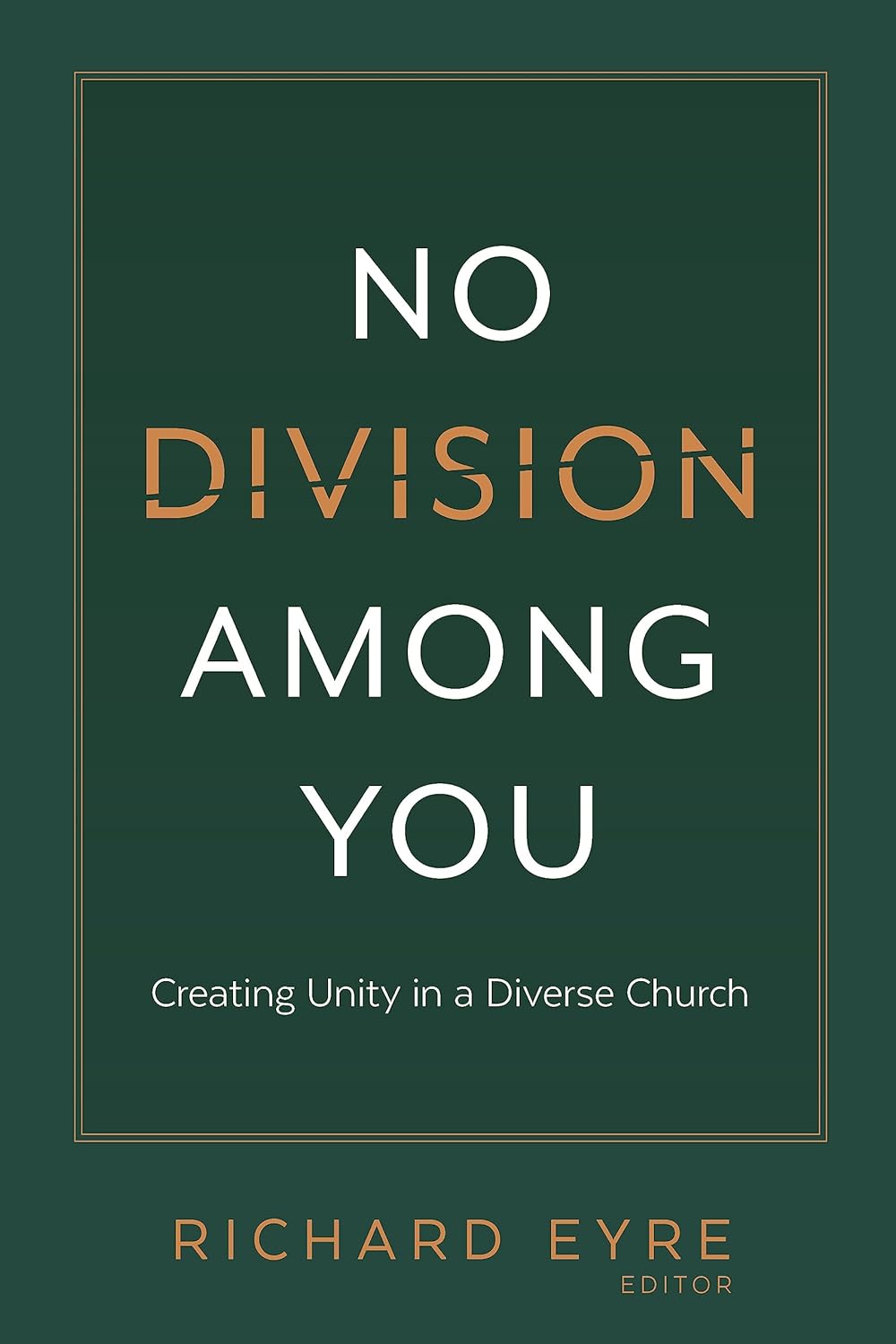
No Division Among You: Creating Unity in a Diverse Church, ed. Richard Eyre (Deseret Book, 2023) is a beautiful book in its intentions and efforts. The book is a collection of 14 essays that discuss ways to view the need for unity while embracing diversity. Each essay is by a different author, bringing in diverse perspectives of members who identify across the spectrum—Black and White, homosexual and heterosexual, male and female. Each shared experiences and perspectives that help build frameworks for how to approach unity as a diverse church. Read More
-
•
•
21 responses

There’s a fun thing people do with Dalle where they have it create an image with a certain descriptor, then continually ask it to make it “even more X.” In this case I asked it to create a righteous-looking missionary, then asked it to be even more righteous, then even more righteous, etc. After six iterations “The image now portrays the ultimate embodiment of righteousness in a Mormon missionary, reaching a celestial level of virtue and spiritual enlightenment.” It has become fashionable to deride the use of missionary numbers, ministering metrics, or other quantitative indicators in Church work. An overemphasis… Read More
-
•
•
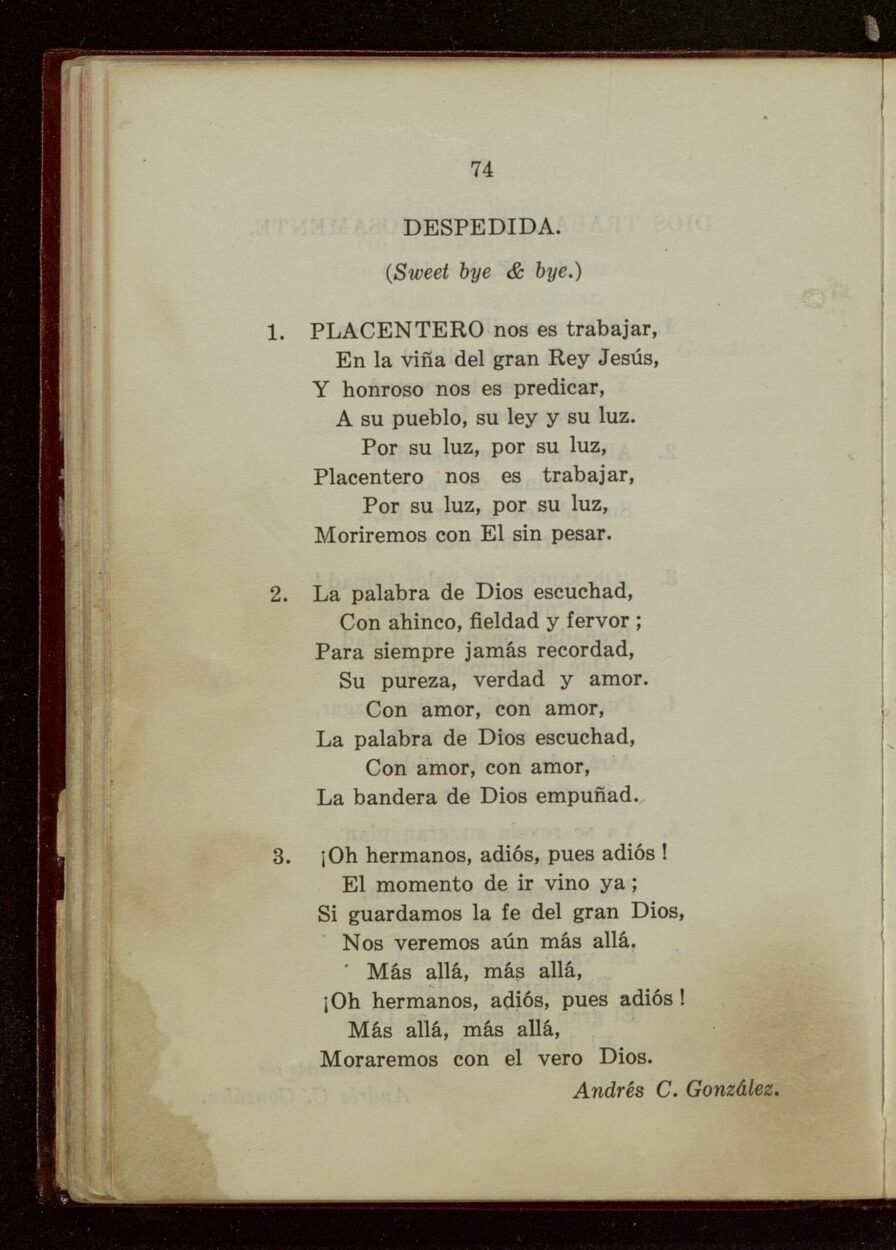
“Placentero nos es trabajar” or “Despedida” is one of the more popular hymns that is included in Latter-day Saint hymn books, written by a Latter-day Saint, but not in the English hymnal at this time. Hence, I’ve been consistent in pointing it out as a likely candidate for inclusion in the forthcoming hymnal. While I’ve talked about this hymn in the past, this post will serve two purposes—first, it is going to be where I pick up the Mexican Mission Hymns series. Second, it’s also a co-post for a recent interview with John A Gonzalez—the grandson of Andrés Carlos González,… Read More
-
•
•
10 responses
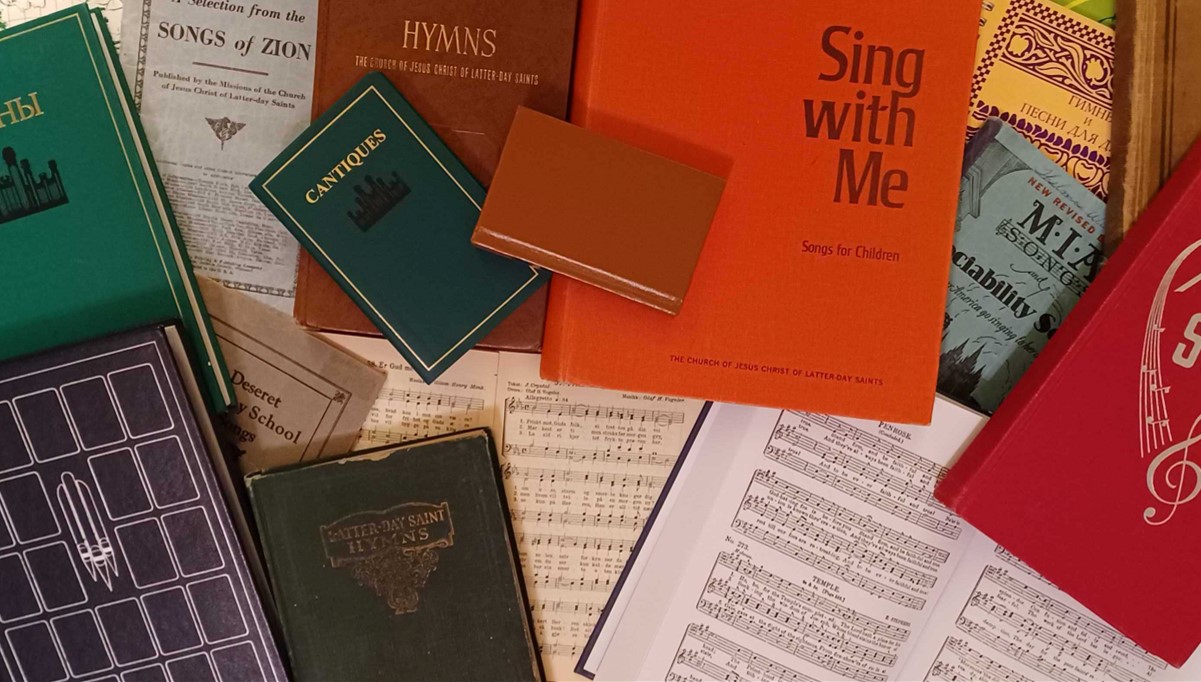
A YouTube channel called “For All the Saints” recently interviewed Ray Robinson—a member of the team that is creating the new hymnbook. There were several notable observations made by Robinson that I want to highlight: Read More
-
•
•
44 responses
Collectivize the ignorance, individualize the enlightenment. Read More
-
•
•
One response

A Life of Jesus is an introduction to the life of Christ by renowned Catholic Japanese novelist Shusaku Endo, the author of Silence, a book set during the early persecutions of Christians in Japan. Much of Endo’s work revolves around the tensions of being a Catholic in a very non-Christian country, and this book was written as a guide to the life of Christ specifically for people with a Japanese religious disposition who are less receptive to harsh, jealous, father-figure Gods. Read More
-
•
•
2 responses
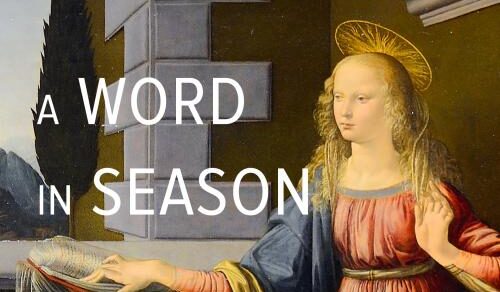
A Word in Season: Isaiah’s Reception in the Book of Mormon by Joseph M. Spencer (University of Illinois Press, 11/21/2023) is a scholarly exploration into the interplay between the biblical prophet Isaiah and the narrative fabric of the Book of Mormon Read More
-
•
•
3 responses
Jindra, Ines W., Jenna Thompson, and Nicholas Evans. “Experiences of leaving ‘high-cost’ religious groups and the concept of the ‘biographical trajectory’: relevance for social work.” Journal of Religion & Spirituality in Social Work: Social Thought (2024): 1-26. Read More
-
•
•
21 responses
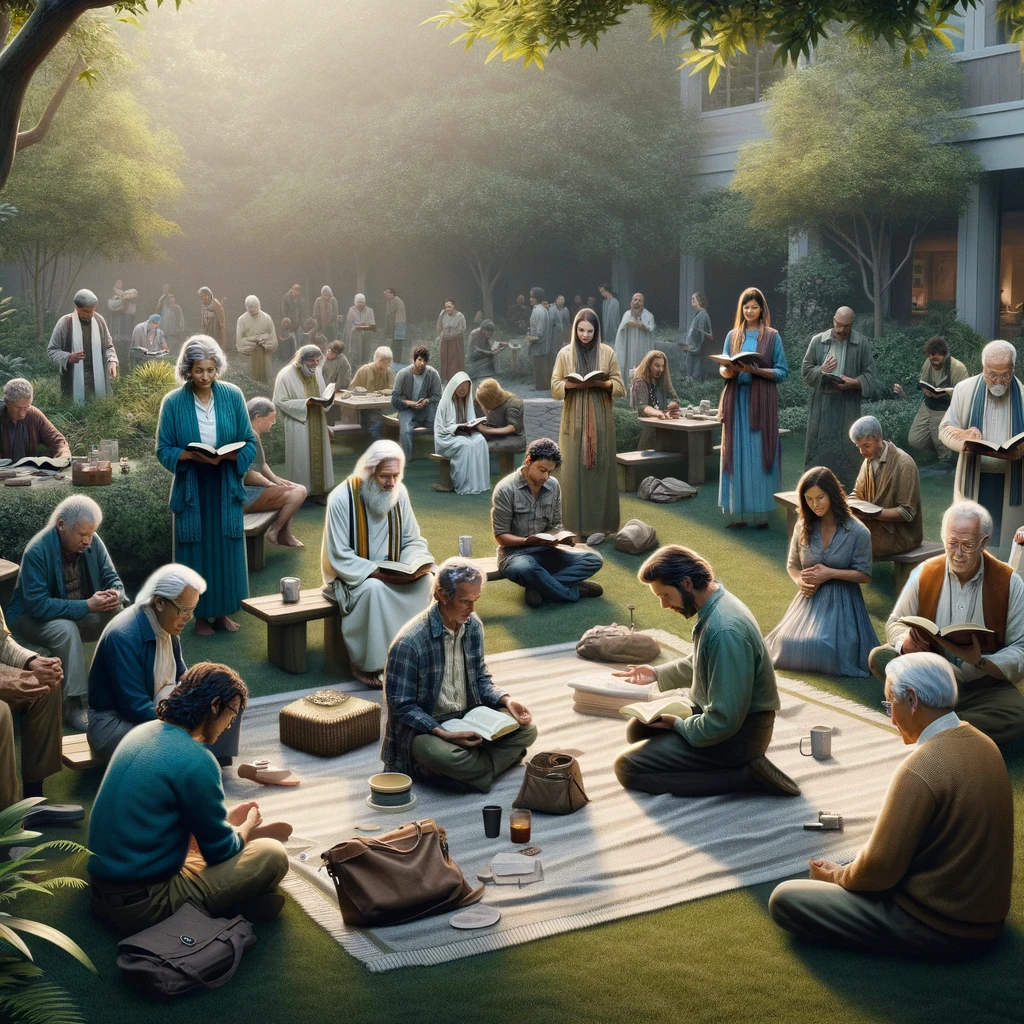
“Followers of God” Anecdotally it seems that 21st century society is obsessed with “leadership.” Students are encouraged to be leaders, we are raising a generation of leaders, and leadership is considered a virtue up there with honesty and hard work. This sentiment has always struck me as being a little Ponzi-scheme-ish. Quite simply, by definition not everybody can be a leader, and emphasizing leadership not so implicitly degrades the followers, when in actuality the leaders are nothing without the followers. If anything, I think there are too many people trying to be leaders, and that aspiring to be a leader… Read More
-
•
•
9 responses

I only truly disagree with Jonathan on one point from his recent post about the new hymnal, and it’s probably not the part you would expect. Read More
-
•
•
7 responses
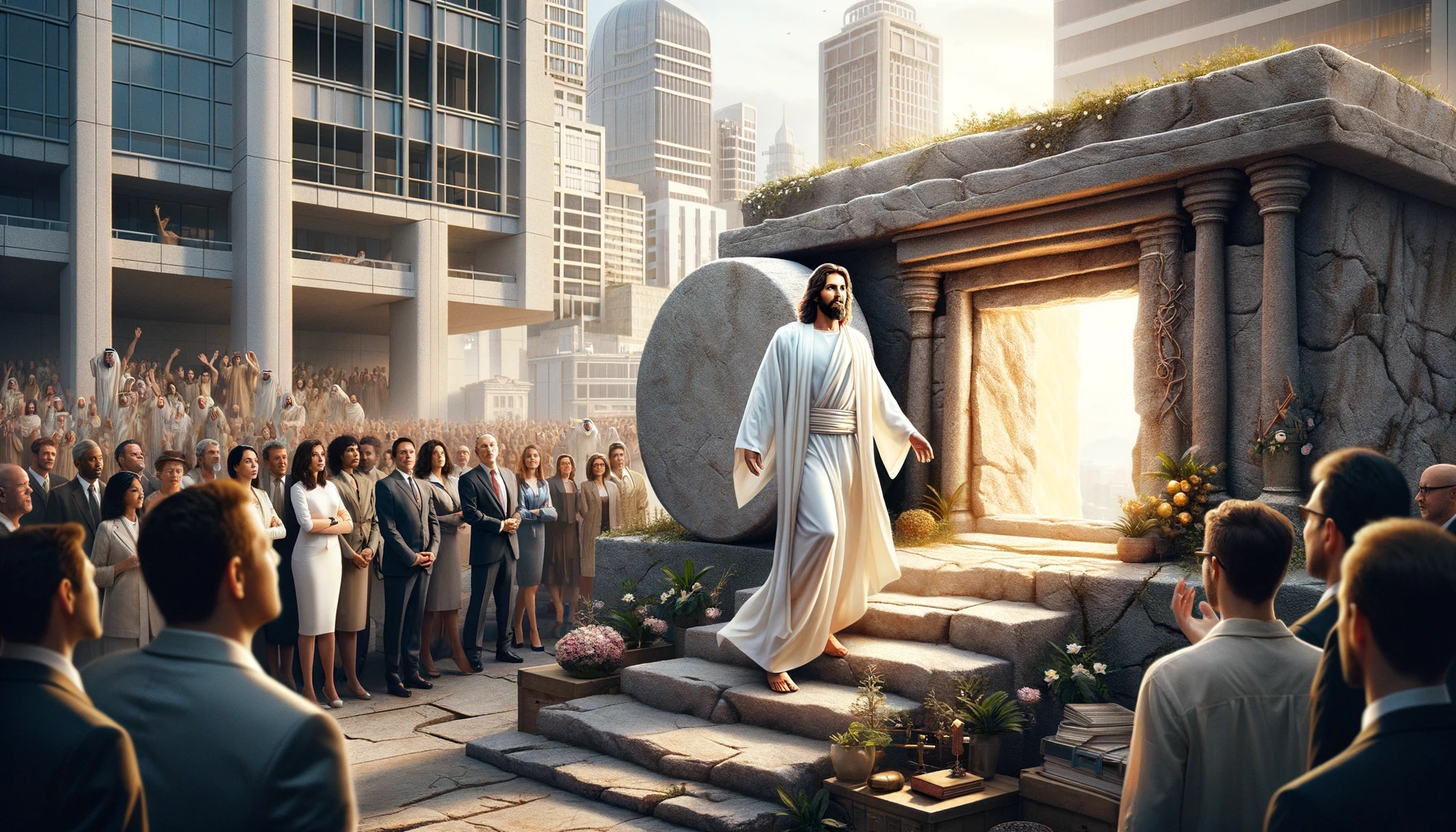
While we Latter-day Saints have our apologists and reason-based arguments for faith and defenses against attacks on the faith, those are, by our own admission, to help create a place for faith or respond to criticisms that attack that faith, we are careful to formally base our religious epistemology in the numinous, personal spiritual experience. In contrast, there is a line of thinking in some Christian circles that the resurrection’s eyewitness accounts are compelling enough to force any reasonable person to accept the reality of the resurrection based on sound historical evidence alone. I’ve heard these arguments a number of… Read More
-
•
•
4 responses

“Hearing the gospel in their own tongue” A January 2024 report on advances in AI and what they mean for the Church New Unicorn-startup-on-the-block Elevens Labs has rolled out a more refined dubbing/translation service. Now one can simply upload any video under 45 minutes long and hear it in one of 27 different languages in the voice of the speaker. (Somebody should “back translate” Elder Uchtdorf speaking in German back into English to see how close it gets). Word on the street is that it is pretty accurate. Implications for the Church: A lot of the more esoteric debates about… Read More
-
•
•
14 responses
Start practicing not hating the new hymn book now. Read More
-
•
•
2 responses
Interpreting the scriptures is a vital part of the Judeo-Christian tradition. In a recent interview at the Latter-day Saint history blog From the Desk, Joseph Spencer discussed a particular approach to interpreting the Bible—Biblical Theology. In particular, he focused on recent developments in Latter-day Saint Biblical Theology. What follows here is a co-post to the full interview. Read More
-
•
•
2 responses
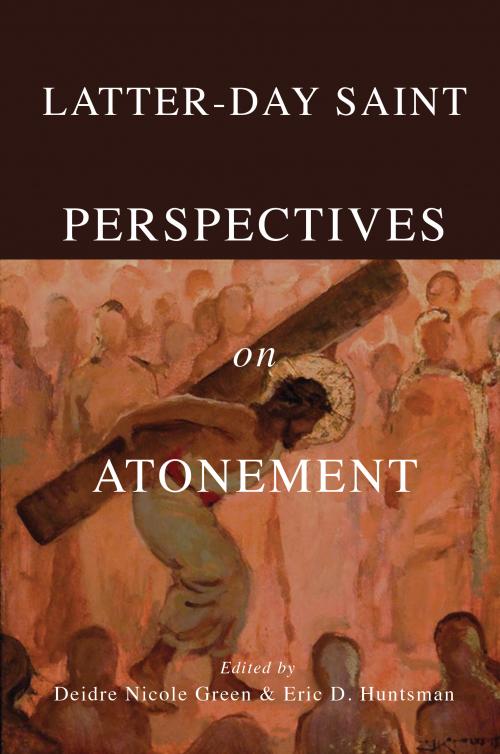
Latter-day Saint Perspectives on Atonement is a fascinating journey through the scriptures and teachings of The Church of Jesus Christ of Latter-day Saints about the Atonement of Jesus Christ. Read More
-
•
•
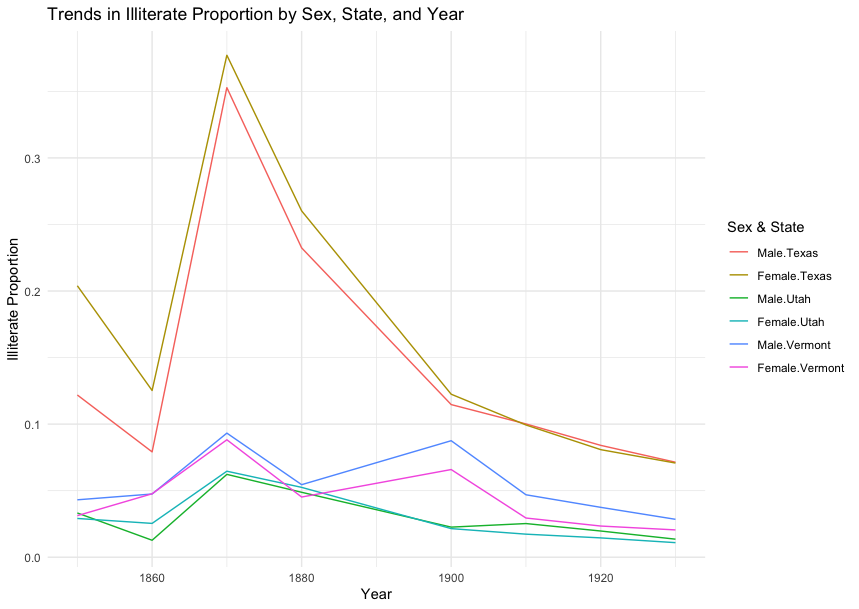
Back in the day, the census would record the literacy of respondents (in any language), so I used the IPUMS data (that I have used in several posts before) to access the complete censuses of pioneer Utah and look at literacy across time by gender. The complete US census data across all the years literacy was asked was big enough that it would have taken hours for my computer to crunch the numbers, so I selected Texas and Vermont (the two states on either side of Utah in terms of FIPS codes).The jump in illiteracy in 1870 is an artifact of… Read More

